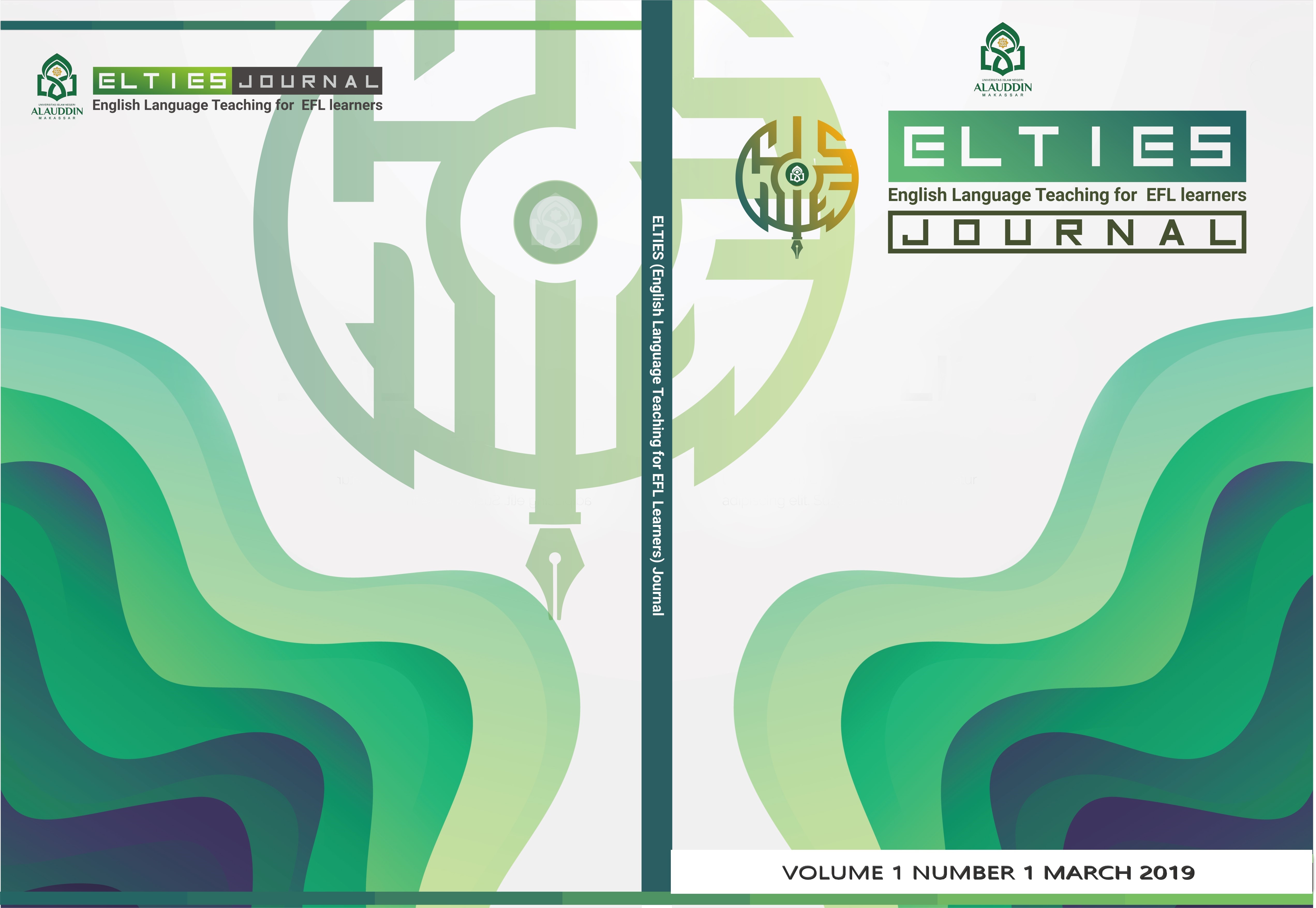THE POWER OF ENGLISH: RECOGNIZING AND UTILIZING THE TREMENDOUS IMPACT OF THE ENGLISH LANGUAGE ON THE COMMUNITY
Abstract
This paper discusses two things i.e. the power of English as the most dominant language in the world and the concepts of using English and using the power of English. English today emerges as a power which can’t be defeated by any languages in the world. The domination of English is obviously seen from its status as: the most rapidly growing language, the most widely spoken language, the most popular content language on the internet, the most preferred language for the scientific communities, the number-one language for business, and the most preferred Language for publishing. Knowing this, learners of English should be proud since they evidently learn something extraordinary. The pride should be reflected in two things i.e. learning English earnestly to achieve benefits of having English skills and turning the achivement of benefits to providing benefits for the communities. However, the reality shows that many learners simply learn English to achieve benefits, for example, to get a job or to win a scholarship abroad. Meanwhile, few learners are aware of using English to bring benefits. As the learners learn English and finally achieve a benefit. This is called Using English. Yet, they learn English and achieve a benefit, and could bring benefits to the communities. This is called Using the Power of English. To use the power of English, we should have and integrate English skills, knowledge, experiences, education, as well as professionalism. Therefore, the orientation of learning English should not just end immediately after Using English, but it should continue to Using the power of the English.
References
Andi, K., & Arafah, B. (2017). Using needs analysis to develop English teaching materials in initial speaking skills for Indonesian college students of English. The Turkish Online Journal of Design, Art and Communication (TOJDAC), Special Edition, 419-436.
Bahar, A. K. (2013). The Communicative Competence-Based English Language Teaching. Yogyakarta: TrustMedia
Clark,D. (2012). English - The Language of Global Business?, available online at http://www.forbes.com
Hammond, A. (2012). How did English Become the Most Widely Spoken Language, available online at www.blog.esl-languages.com
Kaharuddin, A. (2018). The Communicative Grammar Translation Method: A Practical Method to Teach Communication Skills of English. ETERNAL (English, Teaching, Learning, and Research Journal), 4(2), 232-254.
Mastin, L. (2011). Language Issues - English as a Global Language, available online at http://www.thehistoryofenglish.com
Mc.Crum (2010). Globish: How the English Language Became the World’s Language, available online at www.smh.comau
Michalowicz, M. (2012). The 5 Essential Languages for Business, available online at https://www.americanexpress.com
Raine, P. (2012). Why is English the dominant world language?, available online at https://blogs.jobs.ac.uk
Weib, J and Schwietring, T. (2013). The Power of Language: A Philosophical-Sociological Reflection, available online at http://www.goethe.de
Weijen, D.V. (2012). The Language of (Future) Scientific Communication, available online at http://www.researchtrends.com
W3Techs.com, Usage of Content Languages for Websites. Retrieved on November 13, 2015
Yassi, A. H. & Kaharuddin (2018). Syllabus Design Of English Language Teaching. Jakarta: Prenada Media.
Websites:
www.ethnologue.com/statistics/size
www.oxforddictionaries.com
www.thefreedictionary.com

